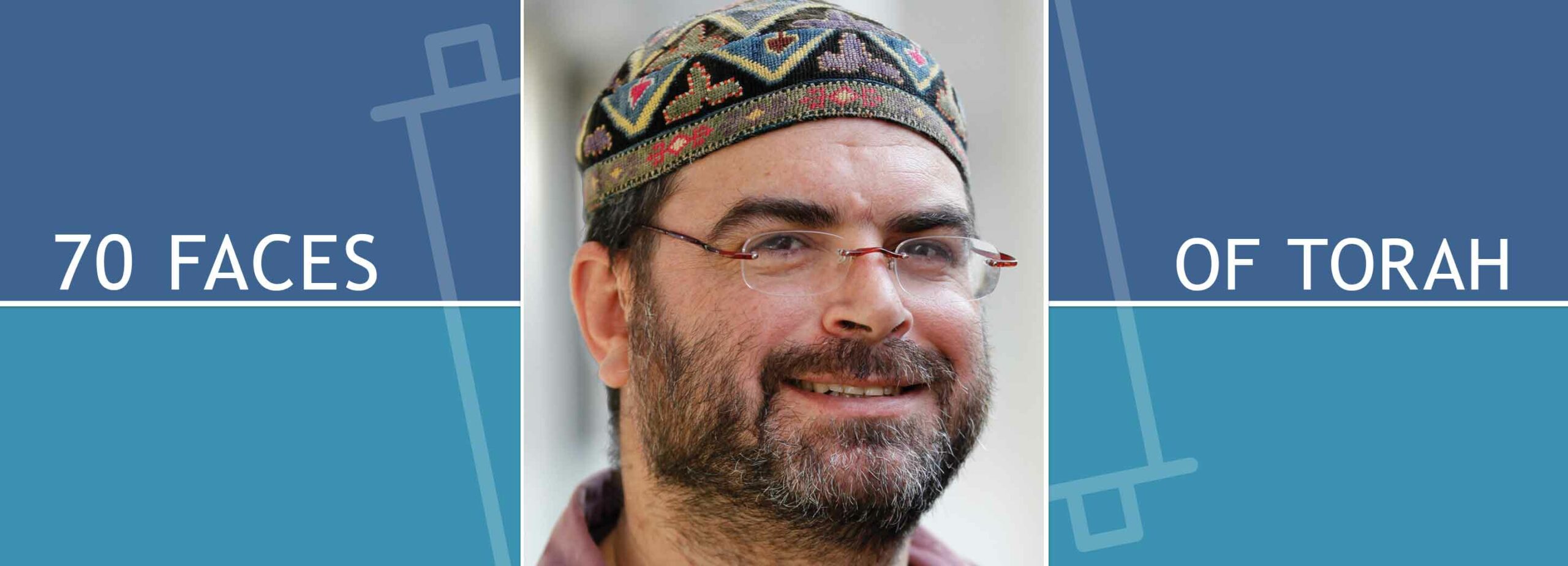Lag B'Omer Lag BaOmer:
Starting Over Yet Again

Each spring we count and celebrate the 33rd day of the Omer. The Omer has a consistent rhythm to it—count seven days seven times, one after another, and they will lead you to the climax of the 50th day, standing at the foot of Mount Sinai. Marking the 33rd day feels like a strange break in that rhythm. It is not on the beat of seven, nor is it at the half point or at any other easily discernible breaking point. Why then do we mark it?
The Shulhan Arukh, the classic 16th century compendium of Jewish practices, has relatively little to say on the topic. “It is our custom not to marry between Pesach and Shavu’ot until the thirty-third of the Omer because the students of Rabbi Akiva died during that period . . . It is our custom not to cut our hair until the thirty-third of the Omer because they say that is when they stopped dying.” (Shulhan Arukh, OH 493:1-2)
One must go back to the Talmud, to get more context for this story.
It is said that Rabbi Akiva had 12,000 pairs of students spread out from the town of Gevat to Antipatres, and they all died in one stretch of time because they did not treat each other with respect. The world was left desolate until Rabbi Akiva came to our masters in the south and taught them.
Rabbi Meir, Rabbi Yehudah, Rabbi Yossi, Rabbi Shimeon, and Rabbi Elazar ben Shamua—they were the revival of Torah at that time.
It is taught: they (the 24,000) all died between Pesach and Shavu’ot. (bavli, Yevamot 62b)
I have heard this story many times, but how could I not hear it differently this year as we begin to allow ourselves to hope—might this pandemic soon be behind us? I will leave for another day the Talmud’s attempt to give a moralizing explanation for the staggering number of deaths. The pain itself comes through clearly regardless of explanations—“the world was left desolate . . . . ”
I am struck by the choice to tell the story through the prism of one person—Rabbi Akiva. In this story he was not one of those who developed a new hobby in quarantine. He was one of those who lost everything. Twenty-four thousand deaths and each one was personal. A lifetime dedicated to sharing Torah, to creating another generation in which Torah can live and continue, and it is all wiped out. The world was left desolate . . . .
There is tremendous hope and resilience in the following sentence, in which he starts over again with five new students, but if we are to honor that hope, we must acknowledge the crushing feelings of despair and futility that this hope shines through.
I am reminded of a poem by the Israeli poet Yonah Wallach, of blessed memory, to whom I must apologize for this quick and rough translation:
And there was nothing I could do with it
can you hear, nothing
I could do, it was in my hands
And there was nothing I could do with it.
I couldn’t do anything with it
Can you hear, I could stammer
A-a-and what I wanted to say
I could feel the worst possible
(You are about to solve a complicated problem,
You will give the correct answer,
It is the final exam, and suddenly you)
stand there like a little child with a bib around your neck
And say a-and . . . you repeat the question . . .
What did you do with it they ask, where,
you threw it all away, you had a chance,
and now you will have to start all over again.
(Yonah Wallach, Subconsciousness Opening Like a Fan, p. 75)
So many of us lost loved ones and friends.
So many lost jobs and sources of livelihood.
So many plans and projects and dreams that had so much invested in them ended abruptly or painfully faded away.
Do you have the strength to start all over again?
The Omer tells a deceptively simple story. Once you get out of Egypt, put one foot in front of the other and step after step will bring you to the mountain top.
The story of the 33rd day of the Omer is a story of a person who did that, who made real progress only to see it all collapse, and then found the spiritual fortitude to start all over again.
Rabbi Meir, Rabbi Yehudah, Rabbi Yossi, Rabbi Shimeon, and Rabbi Elazar ben Shamua. Another new beginning.
May we all connect to the joy of the 33rd day of the Omer, and may it seep into our own lives and nourish the seeds of courage that we need in order to start over again.
Rabbi Ebn Leader is a faculty member at Hebrew College in Newton, MA.

